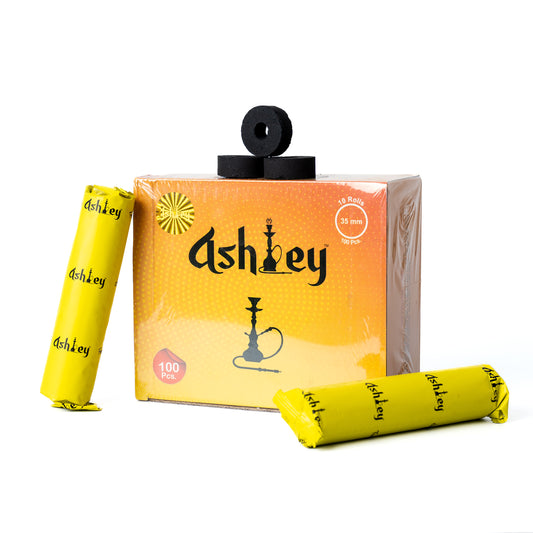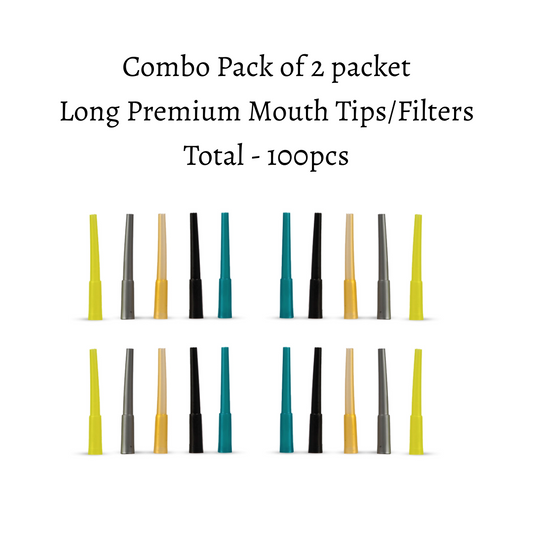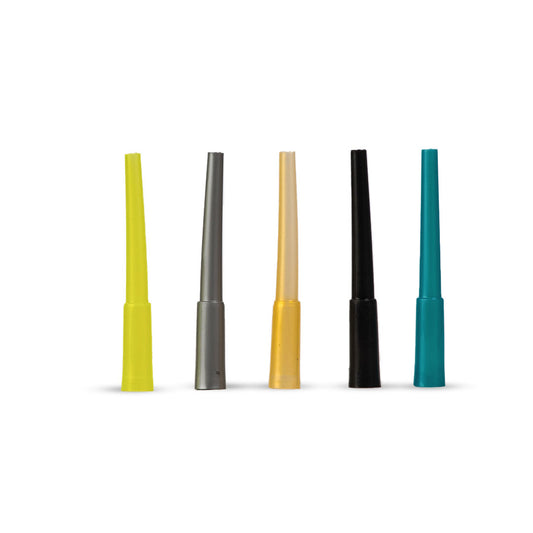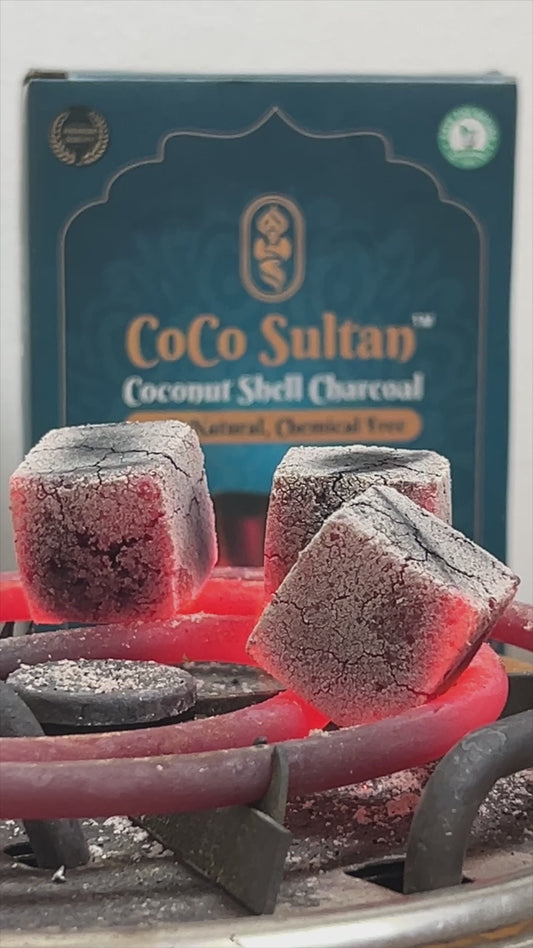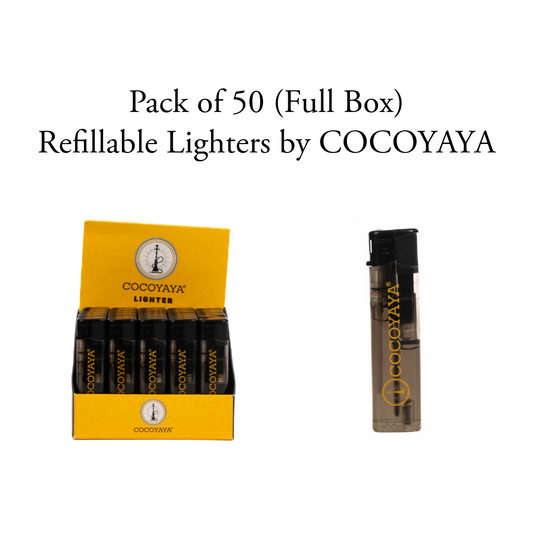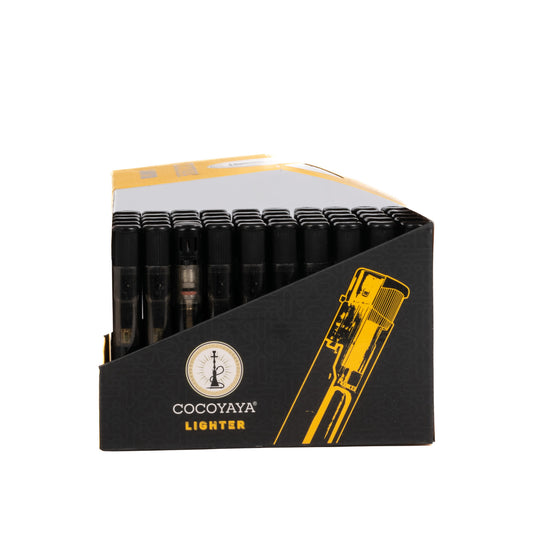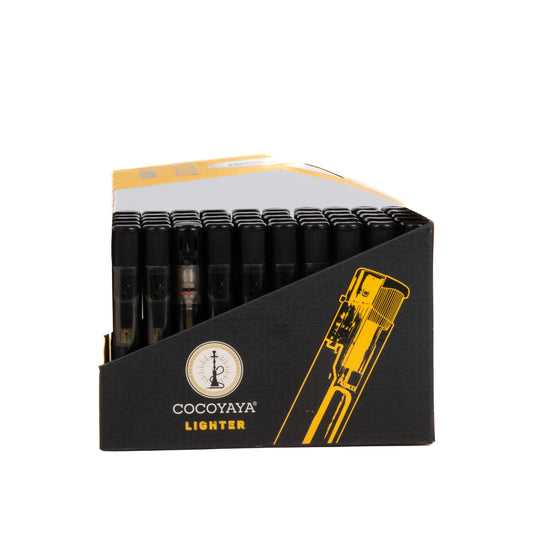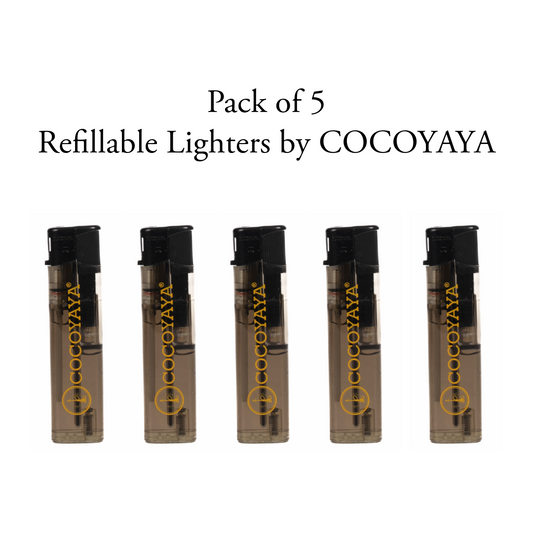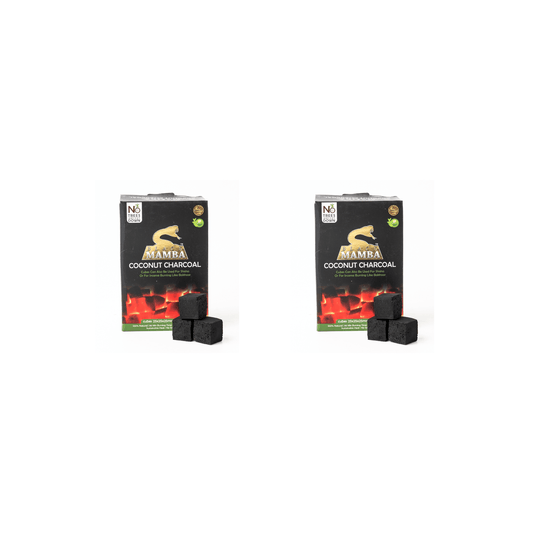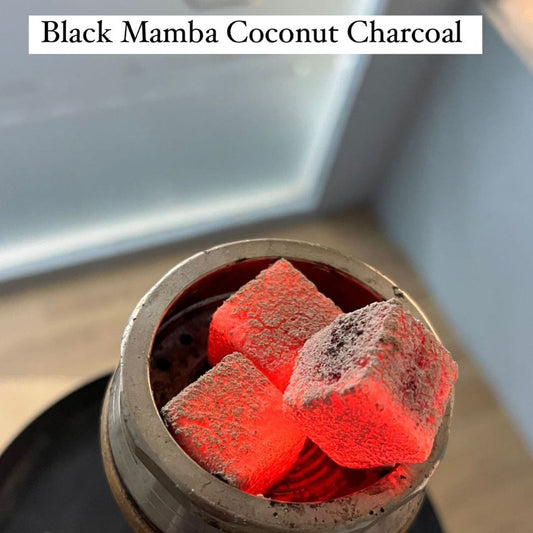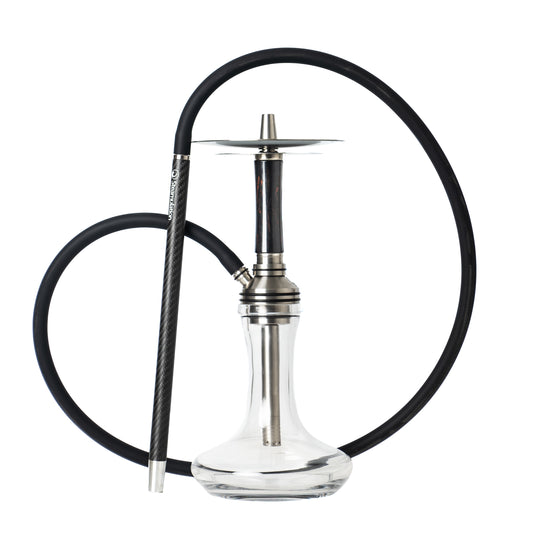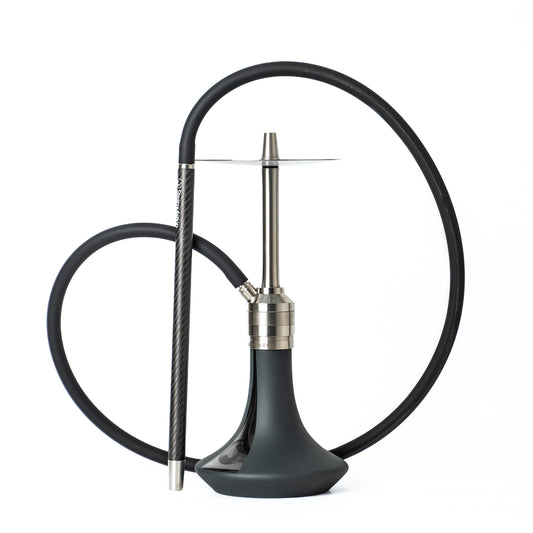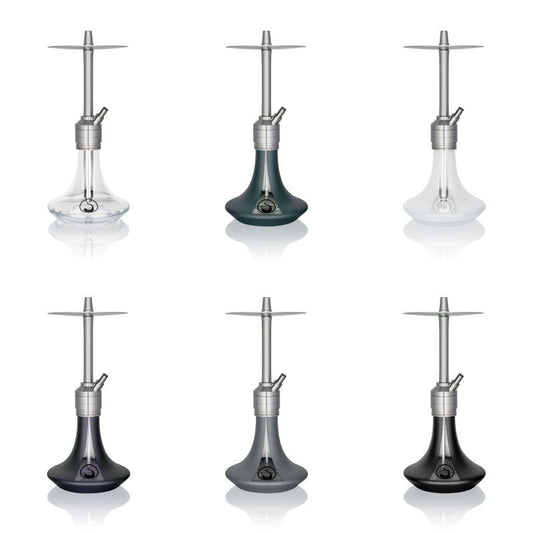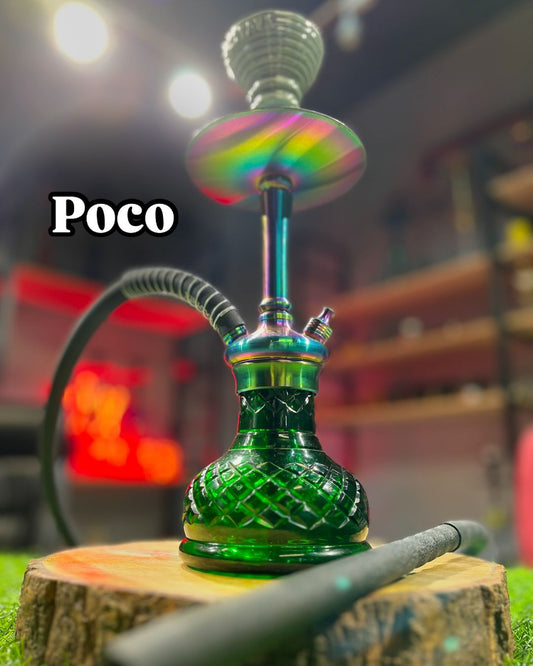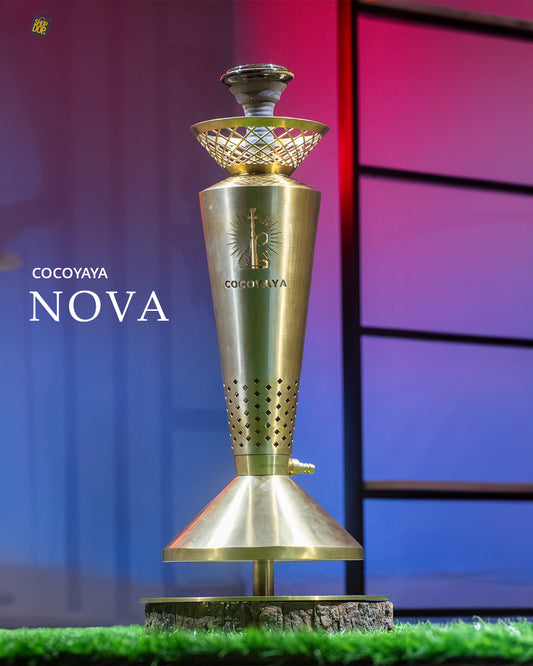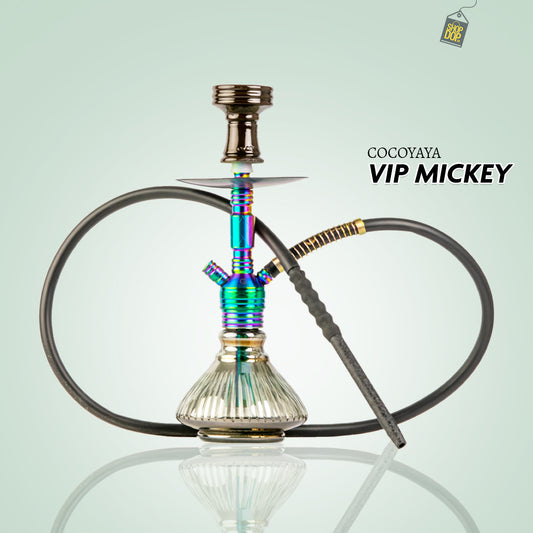Battle of the Flavors: Tobacco Restrictions in Cigarettes and Hookah Unveiled
Share
Flavored Tobacco Products: Cigarettes vs. Hookah
Flavored tobacco products have been a contentious topic among health officials and governments globally. Both cigarettes and hookahs have had their fair share of scrutiny regarding flavored tobacco. Here's a comparative look at the bans and restrictions concerning them.
Cigarettes and Flavored Tobacco Bans
In many countries, flavored cigarettes have been banned or restricted, primarily due to concerns about them appealing to young smokers. Menthol, fruit, and candy-like flavors, which were often seen as gateways for new smokers, especially among the youth, led to stricter regulations and outright bans in regions like the European Union, Canada, and parts of the United States.
Hookah and the Flavor Controversy
Unlike cigarettes, the primary appeal of hookah for many is the vast array of flavors. However, similar health concerns arise, especially since flavored hookah tobacco can mask the harshness of smoke, potentially leading to prolonged sessions. Certain countries have introduced bans or limitations on flavored hookah products, but these are not as widespread or stringent as those for cigarettes.
Regulation Rationale
Health officials argue that flavored tobacco products, whether for cigarettes or hookah, can mislead users into downplaying or misunderstanding the associated risks. The pleasant aromas and tastes mask the harmful effects, potentially leading to an underestimation of the dangers of smoking.
Conclusion
While both flavored cigarettes and hookahs have faced regulatory scrutiny, the extent and rationale behind their restrictions differ based on their cultural significance, usage patterns, and perceived risks. As more research emerges, and health implications become clearer, it's essential to stay updated on the evolving landscape of tobacco regulations.


